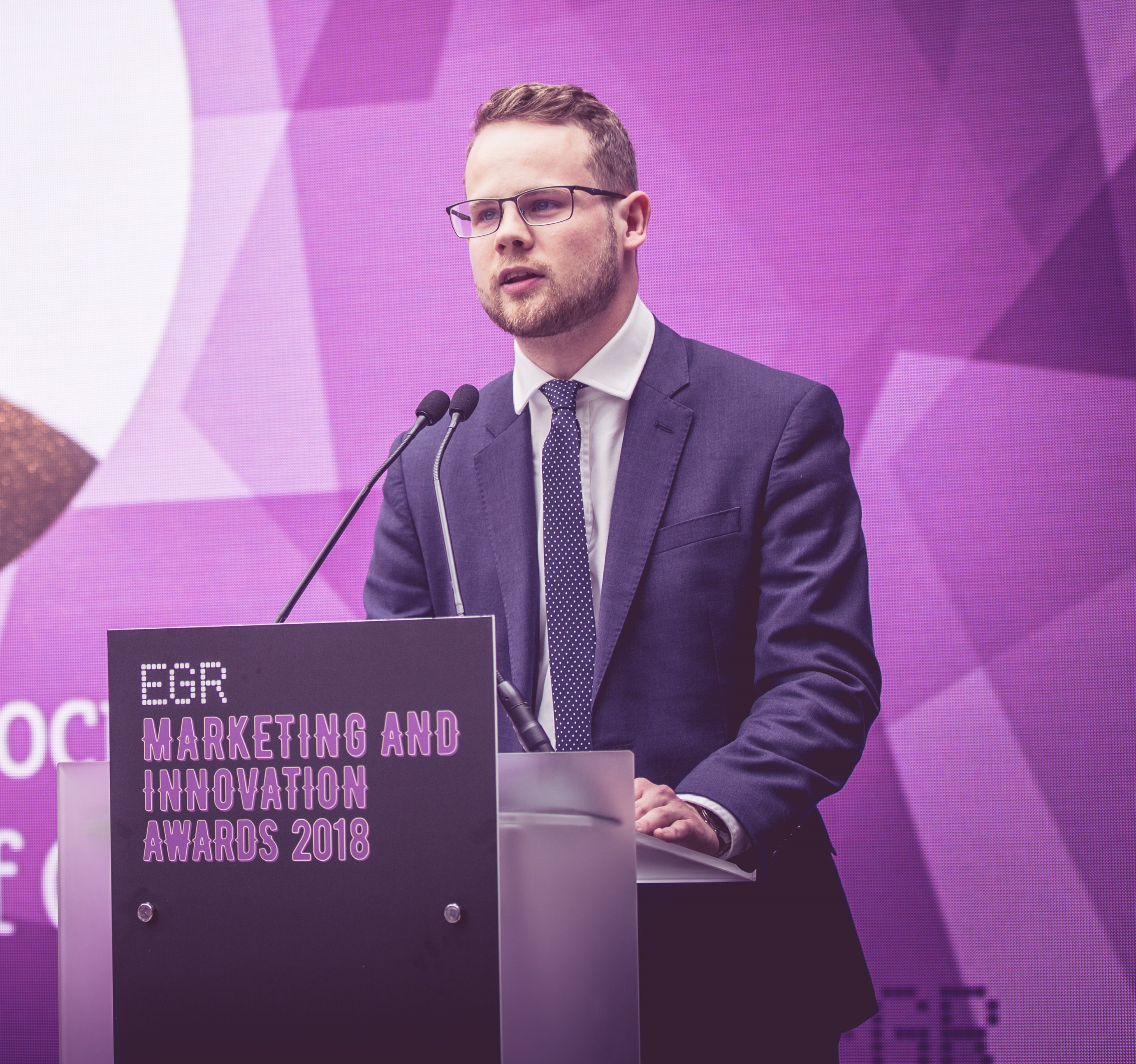
In sickness and in health: How operators are working harder than ever to improve employee wellbeing
With Mental Health Awareness Week just around the corner, EGR Intel looks at how the online gaming industry is tackling this critical issue and creating a company culture in which employees can thrive

02/05/2019
Want access?
Subscribe today
Want to keep accessing great content like this? Click the button below to complete our membership form or email support@egr.global, and our team will reach out to schedule a demo.